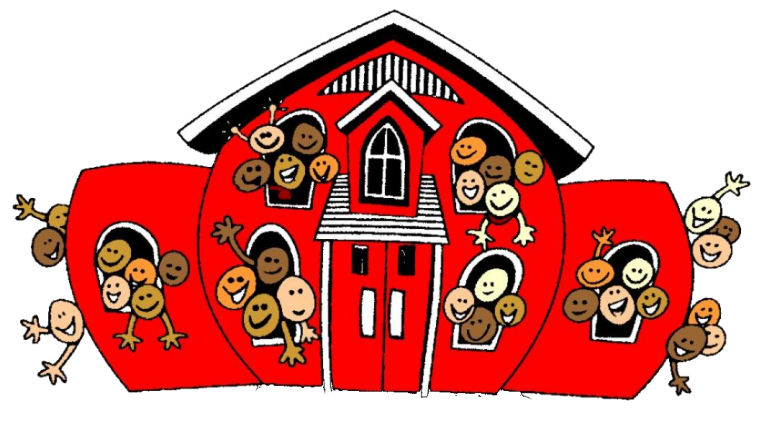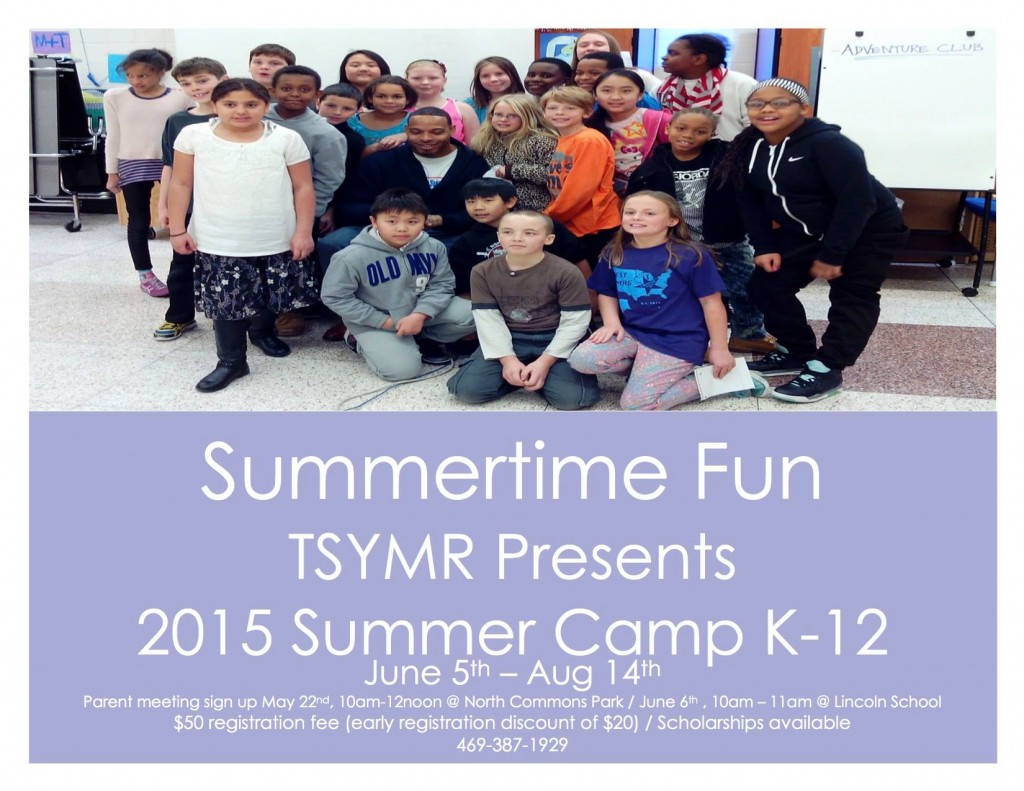Not every child in poor communities will take summer school classes. Community members must support summer programs that engage parents and families.
By Don Allen, Publisher – Our Black News
In this modern world filled with thousands of technological distractions, it is becoming very difficult for students to focus in their educative processes without falling for the temptations of using free wifi or instant messaging. What can we do to help students keep their attention on the important things and contents that will be essential for them in the future in an attractive way? How can we incorporate meaningful activities during summer breaks in order maintain their interest and mindset around their education?
First of all, we need to acknowledge the fact that learning should be a cyclical process based on scaffolding. Most teachers and professional trainers become inefficient to some degree because they fail to recognize this basic truth, and do not apply the right procedures that will help them avoid the classic forgetting curve, which is a fundamental truth in memory theory. The key element to make sure the retention of knowledge happens successfully in our students by applying constant revision in regular doses to consolidate their memories.
Second of all, we must make sure students keep contact with at least some of the most important part of every subject during summer time. Let’s be honest: it’s very difficult for most kids to even open a book in their free time, so it seems impossible to make this happen. How do we proceed under these difficult conditions? If we want to make a difference here, there must be a shift in our approach on the situation: instead of giving students lots and lots of boring and difficult material they have to do, let’s give them small spaced doses of knowledge over a period of time to elaborate and allow deep processing to fix long-term memories. If we do this, they won’t feel the pressure of the assignments and the increase in the productivity of learning will be gigantic.
The other main aspect to consider is the fact that during summer, students are on their own: they won’t have a teacher that will be guiding them or helping them with their doubts, (or to act as a positive role model and supervise the kids during the summer months-keeping them out of danger and away from crime) so we must prepare students and give them the right strategies that will allow them to ensure their own learning. This is a very beneficial measure to take: it will help them to gain control over their own learning process, which will benefit them not only during the summer, but in every educational task they undertake in the future. The most important step we must follow is teaching students these strategies during the school year and give them the right opportunities to put them to practice during their free time. Some of the best strategies we can teach them are: Self-rehearsal, Blogging, and Games pedagogy.
Self-rehearsal gives students changes to go over the information many times and create a pattern of reinforcement. Besides, everyone can adapt it to their own needs or schedules, so it’s very approachable for most people. Blogging will let students share information with other students and even their teacher while they are away, so the flow of the learning process never gets broken. This is also a way to include the new technologies in education that is becoming more and more popular in online courses, and with good reason: it conveys a repeated consolidation and feedback which promotes retention. Games pedagogy is a must, if we want students to use their time to learn during the summer. Good games that allow for repetition and let you progress according to your proficiency level of the subject, while being fun are probably the best way to include those modern tools that sometimes we consider enemies, as our best allies.
The benefits promoted by all these constructivist and modern methods in retention work together, so the more chances students get to manipulate, develop, understand and practice with their own methods, the more and better results they will obtain. Long term memory is built by experiencing something many times, familiarizing with it and creating emotional ties with it, so let’s show every single child and teenager the right way to make the best of their summer and still have fun.


Be the first to comment on "Summer is here, school is out; how can we help K-12 learners retain knowledge during summer break?"